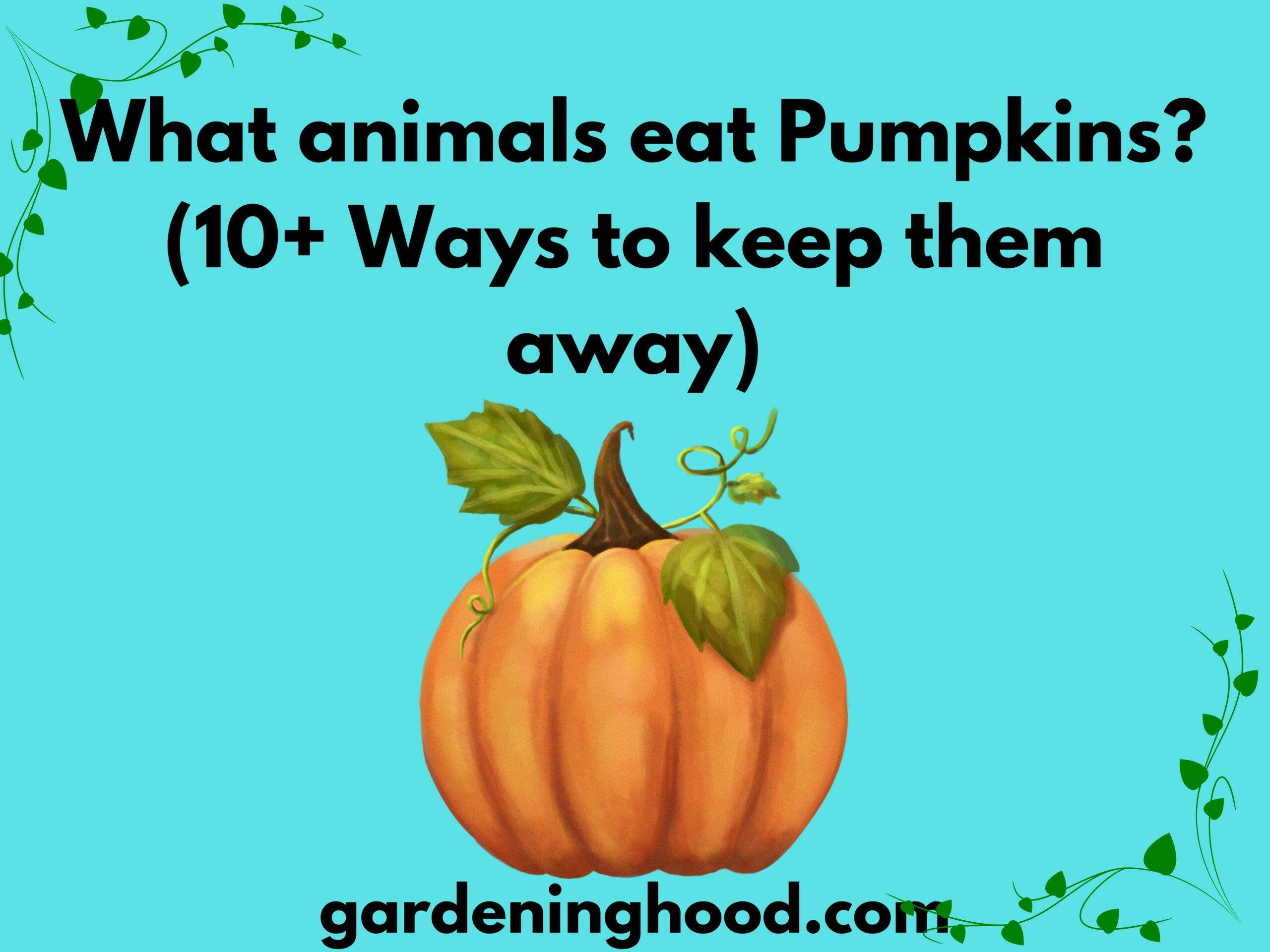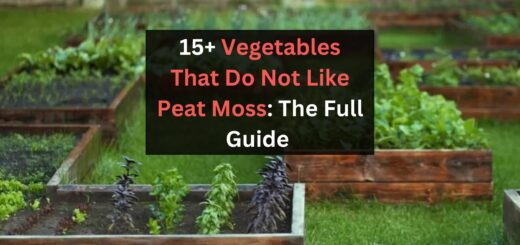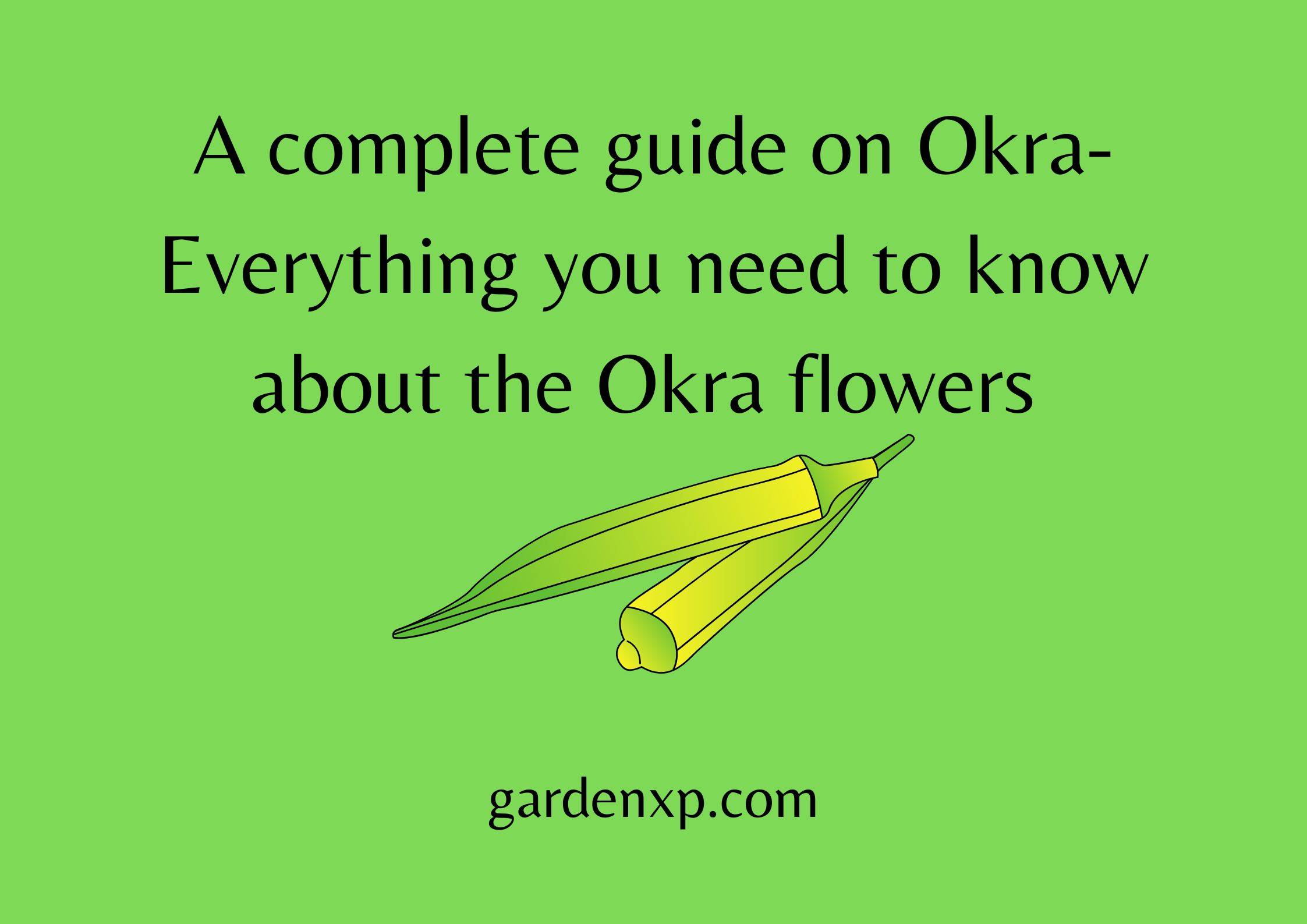Do you need Compost to Grow Vegetables? (Successful Compost Tips)
Do you need Compost to Grow Vegetables? Gardeners every time try to bring the best thing for their vegetable garden, I mean why not! What’s more special and best than having vegetables at home? The vegetable garden stays happy then the user and gardener will stay happy as well.
Compost is what makes a lot of gardeners confused about whether they should use it in their gardens or not. The compost that is rich in organic matter and nutrients is suitable to be used for vegetables or not. This you will get to know in this article very soon. So stay with us and keep reading.
| Common Name | Arugula, rocket, garden rocket |
| Botanical Name | Eruca versicaria |
| Family | Brassicaceae |
| Plant Type | Annual, vegetable |
| Size | 2–3 ft. tall, 1–1.5 ft. wide |
| Sun Exposure | Full sun, part shade |
| Soil Type | Loamy, moist, well-drained |
| Soil pH | Acidic, neutral (6 to 7) |
| Bloom Time | Seasonal |
| Hardiness Zones | 2–11 (USDA) |
| Native Area | Mediterranean |
Let’s break the ice here. Compost is a great product to be used to increase the fertility of soil compost not only adds nutrients but will also enhance the texture of the soil. Even if you think there are nutrients in the soil, the compost can still be added to the soil in the proper amount that won’t be harmful. The reason behind this is that the compost is not only increasing nutrients but also will work on the structure of the soil, soil viability, and validity as well.
What is compost?
The making of compost is done by mixing together organic matter like food scraps, garden plants, leaves, and grass clippings in a container or pile so that they break down called humus. In a way make compost, you need to create a compost system that encourages bacteria, fungi, worms, and other insects that will help in decomposing the materials and breaking down the organic matter, these insects help in completing the process of making compost.
Where to Compost:
There are certain things you need to consider for making compost such as:
- You need to find a close but not too close location.
- The compost bins are used to have delectable food scraps and do have insects and animals inside and around the bin and you can also get some stinky smells from the food.
- I will suggest you not place the compost bin next to your door.
- In case you are living in a cold weather climate you dont need to have to trudge too far to dump out the food scraps.
- You can place the compost bins in your backyard but you will be able to see them from the kitchen window.
- In case the compost bin touches the ground you need to make sure it is not low-lying.
- The compost containers do need moisture for breaking down but it is not possible if the compost is wet.
- You need to place the compost bins and piles in full sun, partial sun, and in the shades which will help in breaking down the rich and dark humus that is heated up nicely all the year but not in cold weather as sunlight in low. The higher sun heat will help in drying out the compost.
- In case of placing the compost bin in a deep shape will make them to keep it cooler which will slow down the process of breaking down and place the bins in full shade.
- Composting is natural process that does occur where you place the pile.
Compost Vs. Manure For Vegetable Gardens:
Compost Vs. Manure For Vegetable Gardens:
Using manure is not good for using food crops most for root vegetables. You can use the manure in vegetable gardens but only after it crosses a period of maturation.
When we talk about compost it is free of manure which does not have the same risks. They are used to improve the soil’s water retention capacity and help to give nutrients to the plants so that they grow best.
You need to decompose the compost thoroughly to be used on vegetable crops. Using the compost are able to spread disease to the plant and does carry odor. Using the compost is risky to be used as it does transfer pathogens like E. coli and Salmonella to humans. The right time to apply the manure is to use it at least 4 months before you are planting crops to be eaten.
What are the benefits of Composting? – Do you need Compost to Grow Vegetables?
- The composting of soil elevates the number of microbes in the garden that will work on increasing the solubility of organic matter for better absorption and work on aeration as well.
- Composting is an organic fertilizer that slowly and effectively gives plants the nutrients they want.
- The compost improves water retention in the soil and improves the texture of the soil. It is a well-balanced product of NPK being added to soil at different times.
- The overall growth of plants is improved after adding compost to the soil.
For more such plant related-articles, you may also read, What is Cotton Burr Compost? – How to use Cotton Burr Compost in Gardens?
Types of compost
Let’s take a look at what the types are and what type of compost will be best-suited for the vegetable garden, as all compost are not the same.
Regular compost
This is the ideal compost for home vegetable gardens or regular home gardens. Regular compost is great for growing vegetables but also improves the soil structure and amendments. This compost can be easily prepared at home as well. This can be used for both small and large vegetables and add nutrients to the soil gently.
Vermicompost
The vermicompost is prepared from kitchen waste and can be used for increasing the wart retention of the soil. The compost has a high level of nutrients and is called worm compost as the major role is done by the worms in making it.
Mushroom compost
The compost is prepared from the mushroom leftovers or whatever is left behind after harvesting the mushrooms. The mushroom compost is again high in nutrients but is costly.
Green manure
Green manure is highly used for leguminous plants and is prepared from crop waste or green waste like leaves, and twigs, in wastelands, gardens, etc.
Other than these there are composted manure, farm manure, human toilet compost, etc. that are made by using different materials and ways and ultimately used for the nutrient deficiency in the soil.
How to use compost in the vegetable garden?
The compost needs to be tilled into the soil making a good mix during the spring season. Also, make sure you add compost about 1-2 inches into the soil of up to 3-5 inches. The compost needs to be spread evenly and is not that thick. Also if you have made holes make sure you add a good amount of compost into each hole.
When to add compost to the vegetable garden?
The compost can be added to the garden in the late fall season when the conditions get too hard for the plants and the soil needs to be upgraded with the nitrites by composting. The nutrients get a good amount of time to be blended with the soil so the plant can be grown easily in the early springtime when it will get most of the required nutrients.
Footnote of the context
We hope you have liked this article and find it helpful in understanding that yes composting can be done in making the vegetable garden more bountiful and lush. The composting needs to be done properly, which we have already written above. We hope you have gone through it already. Happy gardening!
FAQ
Is compost alone enough for plants?
The plant should not be planted in pure compost and I mean by this that the compost should be mixed with the soil and then the plant can be planted but the pure form of compost cannot be used as soil.
What happens if you use too much compost?
The excess compost in the soil will saturate the soil with an excess of nutrients like magnesium, potassium, ammonium, calcium, etc., and just not this bicarbonate, carbonate, and hydroxyls will also increase which can cause severe damage to the plant’s health.
How often should I add compost to my garden?
About two to three inches of compost need to be added to the soil in a year. The soil will stay healthy if you compost the soil in the early fall season and let the compost get decomposed more till early springtime, the compost gets mixed properly with the soil.


